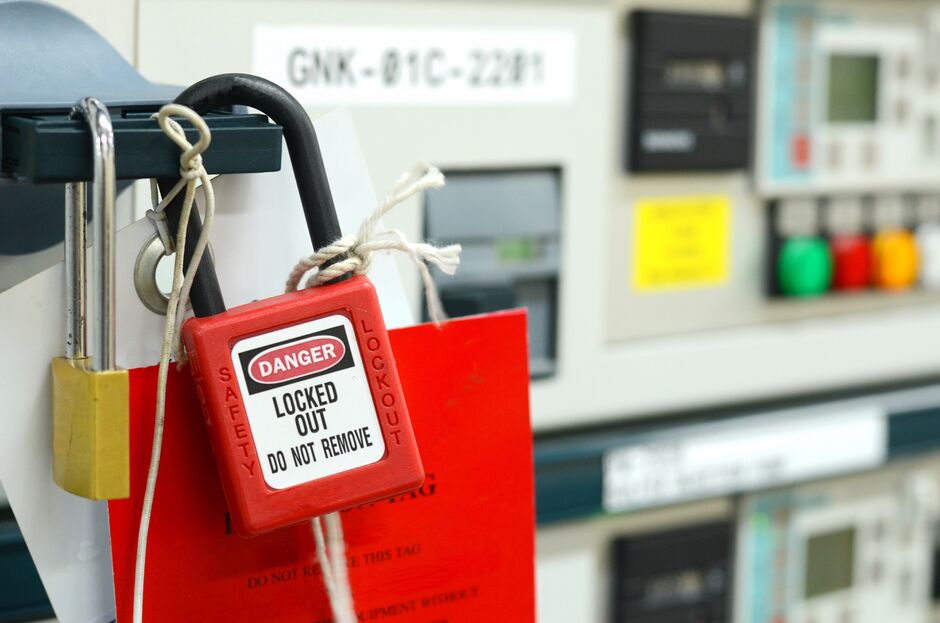


Maintaining, servicing and repairing machinery is dangerous work. Around a quarter of fatalities in the workplace are caused while carrying out maintenance procedures.
Where there are moving parts, electrical currents, hazardous materials, stored energy or heights involved, it’s vital that you understand the risks and take relevant precautions.
This e-learning safety course will take 1-2 hours to complete and explain how the ‘lock out/tag out’ (LOTO) safety procedure works, to shut down and isolate the machinery, plant or equipment you need to work on, and ensure it’s safe to inspect.
Created by health and safety professionals and accredited by RoSPA, you’ll learn the seven steps of a LOTO procedure and where it fits into a risk assessment. You’ll also understand the legal duties and responsibilities of employers and employees under UK legislation, and how to respond in an emergency.
By the end of this interactive online safety training course, you’ll have a solid understanding of:
Over 1-2 hours, this online safety course covers the following topics:
At the end of this e-learning course you'll be required to complete an online assessment consisting of 20 multiple choice questions. The pass rate is 80% or higher and answers are automatically marked so you'll know instantly whether you've passed. If you don't pass don't worry! You can take the test as many times as you need with no extra charge.
As well as conforming to CPD guidelines, this course is certified by the Royal Society for the Prevention of Accidents (RoSPA) Qualifications Assurance System.
If you’re involved in any lock out/tag out procedures, or carry out repair work, servicing, maintenance or inspection of machinery, you must be aware of the risks outlined in this course. Alongside this training, you’re expected to complete relevant practical training for your workplace and equipment.
Although there is no expiry date for this training, we recommend that you refresh your knowledge every year to comply with industry best practice. You’ll receive a ‘recommended renewal date’ on your certificate.